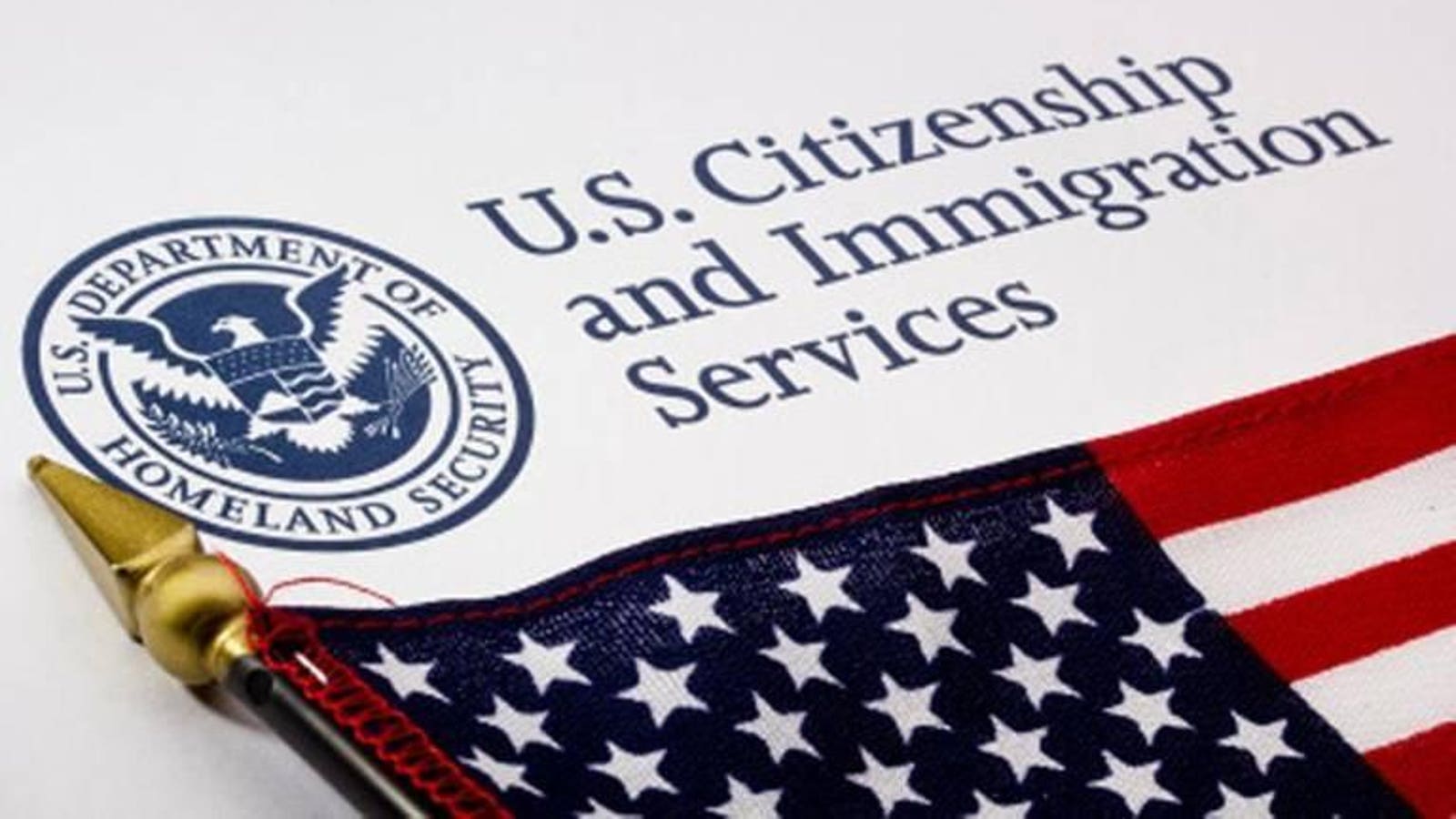Immigration Crackdown Targets H-1B Visas: What You Need to Know
Editor’s Note: A significant immigration crackdown targeting H-1B visas has been announced today. This article will analyze the implications and provide essential information for affected individuals and businesses.
Why This Matters
The recent intensification of scrutiny surrounding H-1B visas has far-reaching consequences for the tech industry, the U.S. economy, and skilled workers from around the globe. This crackdown impacts not only the individuals seeking these visas but also the companies that rely on them to fill critical skill gaps. Understanding the changes and their potential impact is vital for anyone involved in the H-1B visa process or affected by the broader immigration landscape. This article will cover key takeaways, analyze the situation, and provide actionable advice.
Key Takeaways
| Point | Description |
|---|---|
| Increased Scrutiny | Expect stricter application reviews and audits. |
| Higher Rejection Rates | Prepare for a potentially increased likelihood of visa denials. |
| Compliance Focus | Adherence to regulations and proper documentation is paramount. |
| Legal Challenges | Legal representation may be crucial in navigating the complex process. |
| Economic Impacts | Potential impact on the US tech sector and the national economy. |
| Employer Responsibilities | Increased burden on employers to demonstrate legitimate need for H-1B workers. |
Immigration Crackdown Targets H-1B Visas
The recent announcement signals a significant shift in immigration policy, focusing on stricter enforcement and tighter regulations for H-1B visas. This tightening of rules comes amidst ongoing debates about the impact of immigration on the U.S. workforce and economy. The increased scrutiny is expected to affect not just the application process but also those already holding H-1B visas.
Key Aspects of the Crackdown
- Increased Audits: The government has announced plans to significantly increase audits of companies employing H-1B visa holders.
- Emphasis on Wage Levels: The focus on ensuring that H-1B workers are paid appropriately and competitively is heightened.
- Stringent Documentation Requirements: Employers face more rigorous demands regarding proof of job necessity and worker qualifications.
- Reduced Visa Quotas (Potential): While not yet officially implemented, there's considerable discussion regarding potentially lowering the annual cap on H-1B visas.
Detailed Analysis: The Impact on Businesses and Workers
The intensified scrutiny has significant implications for businesses reliant on H-1B workers, particularly those in the technology sector. Companies may face delays in filling critical positions, leading to project delays and potential loss of competitiveness. For H-1B workers, the increased risk of visa denial creates uncertainty and potentially forces them to re-evaluate their career paths in the U.S. The financial burden of legal fees and the emotional stress associated with the uncertainty adds another layer of complexity.
Increased Scrutiny of H-1B Visa Sponsors
This heightened scrutiny also extends to the companies sponsoring H-1B visas. The government is focusing on ensuring that employers are not using the visa program to displace American workers or to circumvent labor laws. This means stricter enforcement of regulations surrounding prevailing wages, job requirements, and the overall legitimacy of the employer-employee relationship.
People Also Ask (NLP-Friendly Answers)
Q1: What is an H-1B visa?
A: An H-1B visa is a temporary work visa that allows U.S. employers to hire foreign workers in specialty occupations that require theoretical or technical expertise.
Q2: Why is this crackdown on H-1B visas important?
A: This crackdown impacts the tech industry, skilled workers, and the overall U.S. economy. It raises questions about future workforce needs and immigration policy.
Q3: How can the crackdown benefit me (as a U.S. citizen)?
A: It may lead to increased job opportunities for U.S. citizens, potentially by reducing competition for certain skilled positions.
Q4: What are the main challenges with the H-1B visa process?
A: Challenges include lengthy processing times, complex regulations, high rejection rates, and significant financial costs.
Q5: How to get started with an H-1B visa application?
A: Consult with an immigration attorney, thoroughly prepare all required documentation, and understand the current regulations.
Practical Tips for Navigating the H-1B Visa Crackdown
Introduction: These tips provide actionable guidance for both employers and employees navigating the current climate.
Tips:
- Engage Legal Counsel: Seek expert advice from an immigration attorney specializing in H-1B visas.
- Meticulous Documentation: Ensure all documentation is complete, accurate, and well-organized.
- Competitive Wage Offers: Offer salaries competitive with prevailing wage levels.
- Clear Job Requirements: Demonstrate a clear and legitimate need for the specialized skills of the H-1B worker.
- Strong Application: Craft a robust application that clearly addresses all requirements.
- Transparency and Compliance: Maintain transparent and compliant employment practices.
- Stay Updated: Keep abreast of any changes in regulations and guidelines.
- Plan Ahead: Allow ample time for processing and potential appeals.
Summary: These tips will increase your chances of success in the face of heightened scrutiny.
Transition: Let's conclude by summarizing the key insights of this analysis.
Summary
The immigration crackdown targeting H-1B visas presents significant challenges for businesses and workers. Increased scrutiny, stricter regulations, and the potential for higher rejection rates underscore the need for proactive measures. Understanding the implications and taking appropriate steps is crucial for navigating this evolving landscape.
Closing Message
The future of H-1B visas remains uncertain. The ongoing debate regarding immigration policy highlights the need for a balanced approach that addresses both economic needs and national interests. How will this crackdown ultimately shape the American workforce and the global talent pool?
Call to Action
Stay informed about the latest developments in immigration law. Subscribe to our newsletter for updates and insights on H-1B visas and related immigration topics. Share this article with others who may find it helpful.
(Hreflang tags would be inserted here depending on the targeted languages)

